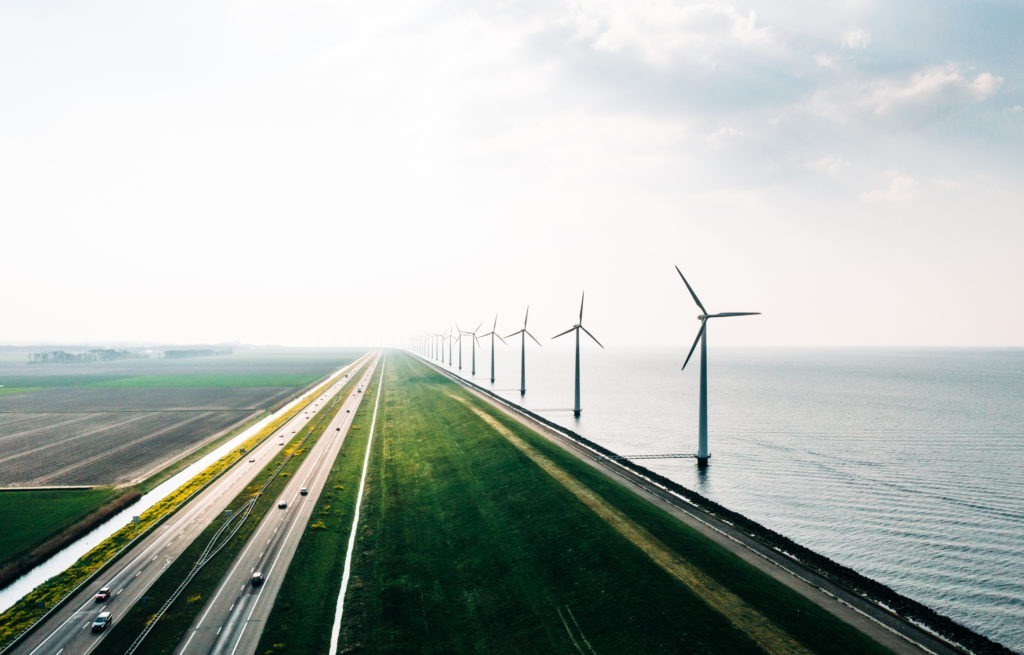Government 2022 incentives all taken and assisting BEV residual values in Netherlands
21 June 2022

As funds to subsidise zero-emission cars in the Netherlands have run out for 2022, such vehicles will see a further boost to their residual values (RVs), explains Autovista24 senior data journalist Neil King.
The €71 million budget set aside by the government in the Netherlands to subsidise the purchase of new battery-electric vehicles (BEVs) and hydrogen fuel-cell vehicles this year has already been used up. BEVs with a maximum list price of €45,000 and a minimum range of 120km qualify for a €3,350 grant. Accordingly, the funding has supported more than 21,000 registrations of new BEVs in 2022.
At 15.8% in the first quarter of 2022, the BEV share of new-car registrations in the Netherlands far exceeded the Europe-wide share of 11.8%. This ranked the country sixth in the region – behind Norway, Iceland, Sweden, Denmark, and Switzerland.
‘The charging infrastructure and incentive scheme in the Netherlands is as mature as in Norway,’ commented Idesbald Vannieuwenhuyze, executive chief editor Benelux at Autovista Group.
Incentives will be available again in 2023 and 2024, albeit at a lower rate of €2,950 and €2,550 respectively, as reported by the Dutch motoring association, ANWB. List prices are therefore not expected to rise, as this would disqualify any cars that would then exceed the €45,000 threshold. Furthermore, as deliveries of new cars are delayed by semiconductor shortages and supply challenges stemming from the war in Ukraine, the exhaustion of incentives is unlikely to derail the high BEV share of new-car registrations in the Netherlands.
Cost savings drive electric demand
‘The Netherlands has always been a country where the sole driver has been cost reduction and effectiveness. This applies to both new and second-hand vehicles,’ explained Vannieuwenhuyze.
Demand for BEVs in the country is largely driven by tax breaks on the bijtelling (taxable income applied to private use of a company car) and BPM (taxation on passenger cars and motorcycles). To put this into perspective, the BPM alone for a three-litre mild-hybrid petrol Range Rover P400 Autobiography amounts to over €37,000.
BEVs are not subject to BPM, while the private use of electric company cars incurs a lower tax rate of 16% of the list price up to €35,000, compared to 22% for cars without zero emissions. For BEVs costing over €35,000, however, the higher 22% rate applies to the excess list price over €35,000.
‘This means that, where employees make private use of company cars, the reduction in the percentage of the vehicle’s value that is added to their taxable income will remain in place until the end of 2025,’ the Netherlands government clarified in its 2022 tax plan.
Vannieuwenhuyze added: ‘Even in the BEV world, the car price level is the trigger to “avoid” the extra layer of taxation that applies to the ‘exceeding’ part of the new-car price.’
Further boost to residual values
Average prices of used BEVs in the Netherlands have been rising at a quicker rate than other fuel types. Residual-value growth has even accelerated since the beginning of this year, compared to 2021.
‘Demand has a lot to do with this, because new BEV waiting times are extending beyond reasonable periods. Twelve months is becoming common for a number of vehicles, so many people turn to used BEVs to change their current car. While they are not new, at least consumers do not have to wait forever to have them,’ commented José Pontes, data director at EV-volumes.com, part of Autovista Group.
Rising fuel prices are serving as a catalyst in the transition to electromobility, although this trend started before Russia invaded Ukraine. Nevertheless, as the war persists and potentially intensifies, there is anxiety that the situation will worsen in the coming years. This would further benefit BEVs and their RVs.
As the total purchase price of a new BEV is now €3,350 higher, unless manufacturers lower list prices, residual values of BEVs are expected to rise further. Moreover, the €2,000 subsidy for used battery-electric vehicles is still available, adding to their appeal.
The €13.5 million budget subsidised 6,750 used BEVs in 2021 but the allocation was spent by the end of August. For 2022, the funding for used-car subsidies increased to €20.4 million, providing incentives for 10,200 transactions, and this has not yet been exhausted. However, as consumers switch from new to used BEVs, the financial allocation is likely to run out before the end of the year, which could push their used prices even higher.